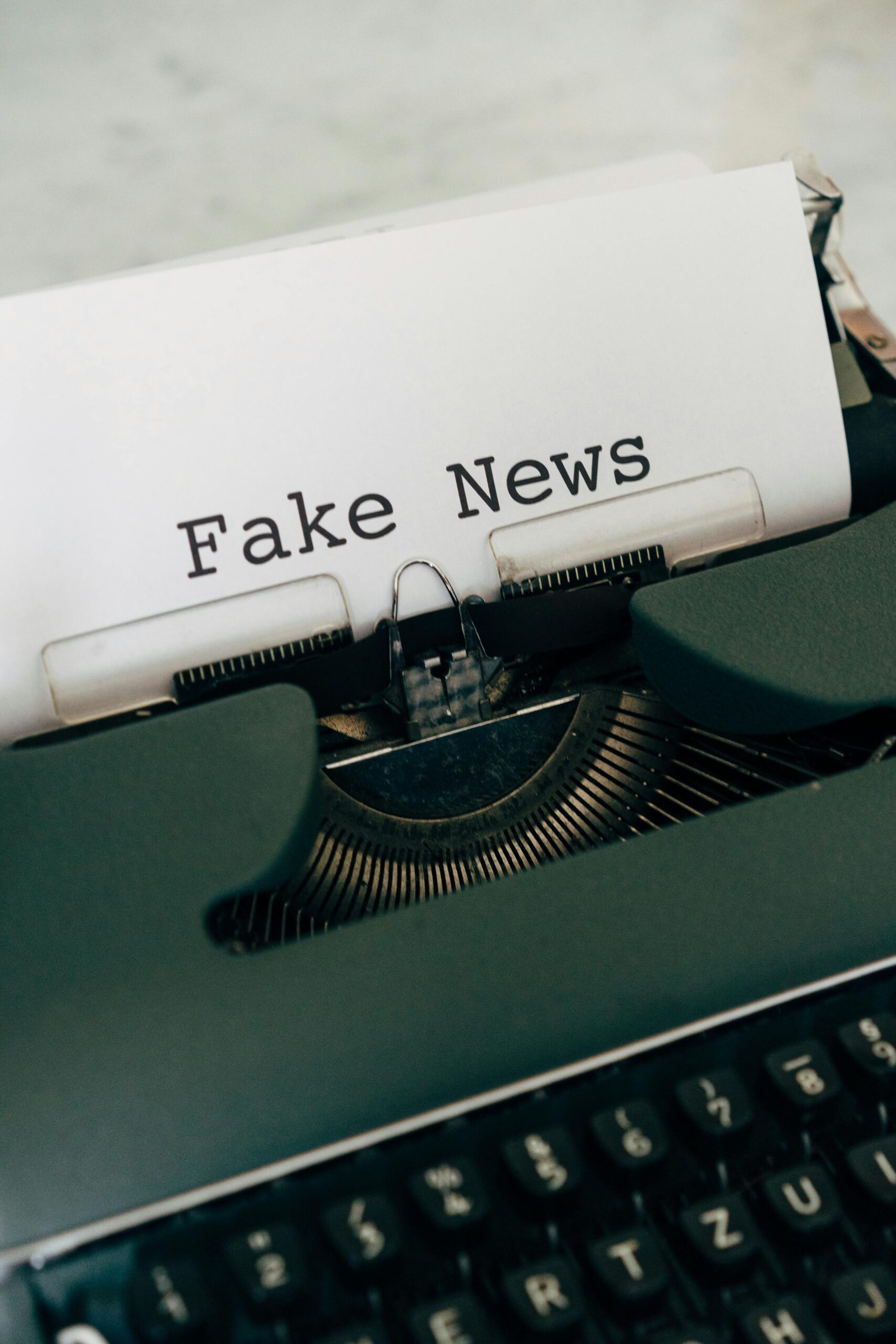News
Fake News: The Stifling Setback

In a time when the world is more interconnected than ever, the spread of fake news presents a risk that threatens the basis of our common values and jeopardizes our efforts to create a more equitable and peaceful society.
Fake news is defined as false stories that appear to be news, spread on the internet or using other media, usually created to influence political views or as a joke.
The UN presents fake news to be captured under misinformation and disinformation. While misinformation refers to the accidental spread of falsehoods, disinformation can be circulated intentionally by State or non-State actors, including during an armed conflict, to influence public or political opinion.
This menace over time has proven to have negative effects on all areas of development. From peace and security to humanitarian aid, fake news could pull down years of building to mere rubbles.
But one may wonder why fake news is still thriving if it affects us this much.
Inasmuch as there are a lot of people who take pleasure in sharing false information just for the fun of it, some people are just oblivious to the right information, hence spread it.
Before the widespread adoption of social mediums, fake news can be traced back to the years when the only form of communication was word of mouth and letters. With over a billion daily users of Facebook and over a million users of Instagram, fake news is bound to be spread.
Shall we talk about the advancement of Artificial intelligence, where deep fake videos are used to share false information?
From Mark Zuckerberg being impersonated, to Barack Obama being cloned, these deepfake videos kept making rounds on the media until debunked.
Beyond the headlines and exciting narratives, fake news has proven to have a lot of impact on a lot of people around the world. During the COVID-19 pandemic in 2020, we almost had a social media war as a result of the number of fake news being spread across the globe. From bits of information on COVID being fake, to counterfeit remedies by people who have little to no knowledge about the subject matter, and myths about it, the whole world almost hit a rock.
Millions of ignorant people fell victim to this menace, and a lot of people almost lost their lives as a result of this. In 2020, fake news circulated claiming that a new study by CDC found that wearing masks is a way to contract the virus and it was widely spread and believed by a lot of people and causing people to stop wearing masks, almost falling prey to the virus. Thankfully, it was debunked before so much harm was done.
It might be a little difficult to identify and stay away from fake news, but it isn’t entirely impossible. The UN recommends being sensitive to information and verifying them as the most effective way to reduce the spread of fake news worldwide.
But what do you say? Remember that change begins with you, and one matchstick can light up a thousand candles.

